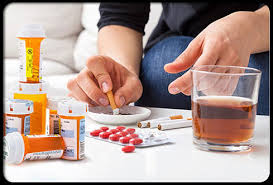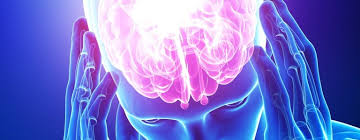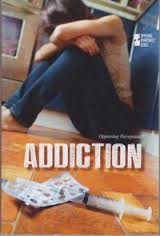Skin picking and illicit drugs effects

Skin picking and illicit drugs effects on your beauty can cause serious health complications too
Skin picking and illicit drugs effects: Heroin withdrawal
Withdrawing from heroin, a highly addictive opiate is an intensely uncomfortable experience. Restlessness, nervousness, severe cravings and goose bumps can trigger the urge to self-mutilate. Users in withdrawal often say that they feel like they’re crawling out of their skin. In this state, skin picking may provide a momentary sense of release. Heroin withdrawal affects the skin in several important ways. Goosebumps, along with chills, shivering and cold sweats, occur as the brain adjusts to the absence of this powerful opioid. These bumps are caused by tiny muscles that tighten at the base of the fine hairs that cover the skin. For the user in withdrawal, compulsively rubbing or tugging at the skin may counteract the sensations of cold and restlessness.
Skin picking and self-mutilation can also help the user cope with opiate cravings. The sensations of pleasure or pain are a temporary distraction from the desire to use heroin. Ritualistic picking can provide an outlet for the intense anxiety, nervous tension, and restlessness that characterize withdrawal. But skin picking provides only a temporary relief from the symptoms of opiate withdrawal. Once physical withdrawal symptoms begin, they can last for several days. The best way to avoid withdrawal symptoms like goose bumps, sweats, and muscle pain is to enter a medically supervised detox program like AWAREmed Health and Wellness Resource Center under the leadership of doctor Dalal Akoury MD. At a detox center, you can receive the physical and moral support you need to minimize the symptoms of withdrawal and avoid a relapse.
Skin picking and illicit drugs effects: Treatment for skin disorders
This is one such treatment which needs a lot of expertise that is why doctor Akoury carries out an assessment on all her patients to evaluate their psychological soundness before taking any treatment action. It must be noted that this substance is very addictive and a comprehensive psychiatric assessment is very vital. Under normal cases an initial, personalized assessment should cover the following areas:
- What triggers the behavior?
- What does the individual get from the behavior?
- Does the individual have co-occurring mental health problems, like anxiety or depression?
- Does the individual have an alcohol or drug problem?
- Does the person have a family history of mental illness?
- Has the person tried any medications or therapies in the past?
Although the U.S. Food and Drug Administration have not approved any medications specifically for the treatment of BFRBs, several drugs have been used successfully to control the impulse to pick or scratch the skin. The following are some of the medications which can be essentially helpful:
- Selective serotonin reuptake inhibitors (SSRIs), such as fluoxetine (Prozac) and escitalopram (Lexapro), have been approved for the treatment of depression and/or obsessive-compulsive disorder
- Tricyclic antidepressants, such as amitriptyline (Elavil) and imipramine (Elavil)
- Opioid antagonists, such as naltrexone (ReVia), are used to reduce the pleasurable effects of alcohol and certain narcotics
- Neuroleptic medications, such as olanzapine (Zyprexa) and risperidone (Risperdal), are used to treat repetitive, compulsive behaviors
Along with these medications, behavioral modification therapies like Cognitive Behavioral Therapy (CBT) and Dialectical Behavior Therapy (DBT) can help reduce the urge to self-mutilate. These therapies have also proven to be valuable in the treatment of drug addiction. You can benefit from all these by scheduling an appointment with doctor Akoury now.
Skin picking and illicit drugs effects: Heroin withdrawal
http://regenerativepotential.com/wp-admin







 For years, studies have indicated that the use of different types of
For years, studies have indicated that the use of different types of  This leaves natural alternatives as the only viable option of handling the issue of decreased sexual desire arising from the effect of antidepressant drugs. There are a wide range of natural methods that can be used to help one regain sexual desire after suffering from the effects of antidepressant drugs. For instance, use of specific diet as well as
This leaves natural alternatives as the only viable option of handling the issue of decreased sexual desire arising from the effect of antidepressant drugs. There are a wide range of natural methods that can be used to help one regain sexual desire after suffering from the effects of antidepressant drugs. For instance, use of specific diet as well as 




